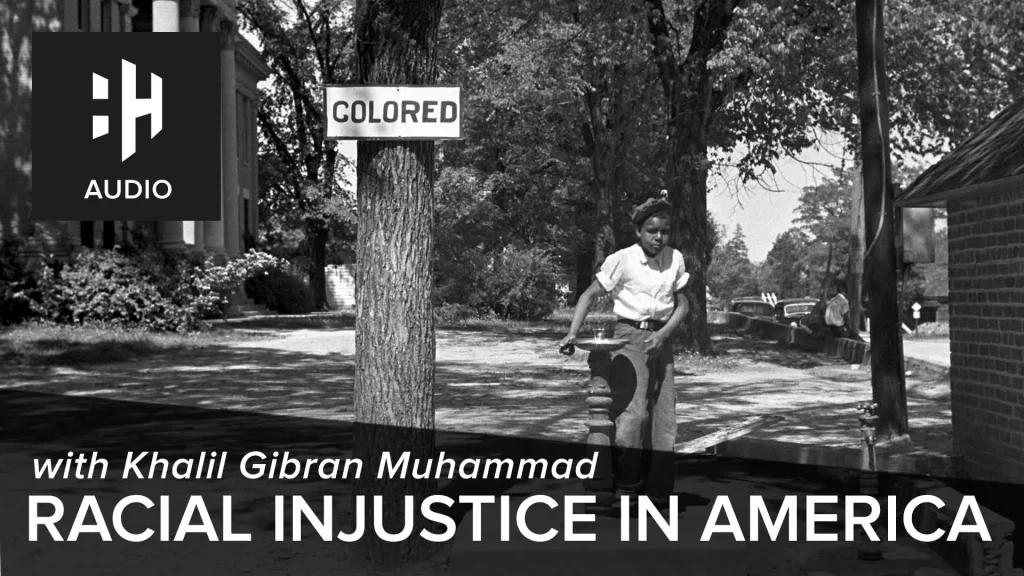President Abraham Lincoln’s Gettysburg Address was just over 250 words long. It followed a two hour speech by Edward Everett at the dedication of a soldier’s cemetery on 19 November 1863 at the site of the bloodiest battle in American history, during a war that cost more American lives than all other wars combined.
It is considered one of the greatest political speeches of all time, explaining America’s critical challenges in their historical context succinctly while paying tribute to the men who had died in the face of those challenges. Here we review its meaning in context:
Four score and seven years ago our fathers brought forth on this continent, a new nation, conceived in Liberty, and dedicated to the proposition that all men are created equal.
87 years prior, the America had overthrown British colonial rule and a new constitution had been written. It was a radical democracy without a monarchical legacy. ‘All men are created equal’ refers to slavery – a key cause of the American Civil War.
Now we are engaged in a great civil war, testing whether that nation, or any nation so conceived and so dedicated, can long endure.
Abraham Lincoln was elected President in 1860. He was the first US President to have won on purely northern electoral college votes.

President Abraham Lincoln was inaugurated on 4 March 1861 – by which time several southern states had already left the Union.
The southern states saw his election as a threat to their way of life – particularly in regard to the keeping of slaves. On 20 December 1860 South Carolina seceded from the Union. 10 other states followed, claiming they were creating a new nation – the Confederate States of America. Lincoln sought to reunify the country through military means – he did not declare war because of slavery specifically.
We are met on a great battle-field of that war.
By 1863 the American Civil War had become a huge and costly struggle, with appalling casualties. Gettysburg was the biggest battle of the war and had occurred four months prior.
We have come to dedicate a portion of that field, as a final resting place for those who here gave their lives that that nation might live. It is altogether fitting and proper that we should do this.
Lincoln was attending the dedication of a soldier’s cemetery. There were no battlefield cemeteries in America at this time, so it’s dedication was unique.
But, in a larger sense, we can not dedicate—we can not consecrate—we can not hallow—this ground. The brave men, living and dead, who struggled here, have consecrated it, far above our poor power to add or detract.
This claims that the struggle was beyond the power of politics – that it had to be fought over.
The world will little note, nor long remember what we say here, but it can never forget what they did here. It is for us the living, rather, to be dedicated here to the unfinished work which they who fought here have thus far so nobly advanced.
Gettysburg was a turning point in the Civil War. Previously the Union, despite a huge economic advantage, had been a recurring failure on the battlefield (and had regularly failed to make important strategic moves). At Gettysburg, the Union had finally gained a strategic victory.
 Listen Now
Listen NowLincoln’s claims that ‘the world will little note, nor long remember what we say here’ are incredibly humble; people regularly learn the Gettysburg address by heart.
It is rather for us to be here dedicated to the great task remaining before us—that from these honored dead we take increased devotion to that cause for which they gave the last full measure of devotion—that we here highly resolve that these dead shall not have died in vain—
The men who died at Gettysburg made the ultimate sacrifice to the cause of liberty and freedom, but it was for the living to now continue that cause.
that this nation, under God, shall have a new birth of freedom—and that government of the people, by the people, for the people, shall not perish from the earth.
One of the greatest conclusions in political history. Lincoln sums up that the struggle for unification of the country and political freedom must be continued. That is does so because the country is aiming for the very ideal of political democracy, and that this ideal must never disappear.















